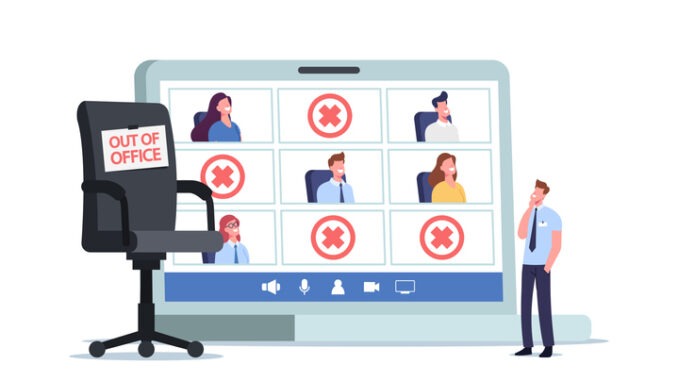
Managing short-term absence is essential for GP practices and must be handled with care – James Nolan shares case studies and guidance for your practice
CREDIT: This is an edited version of an article that originally appeared on the British Medical Association
Frequent short-term absence is challenging for any employer, especially when the employee is in a key role. It’s crucial for GP practices to effectively manage sick leave, and also to identify and manage the risks associated with it.
A case study
In one case, a single-handed GP relied heavily on the support of his practice manager (PM). However, the PM recorded sporadic sick leave and this resulted in disruption to patient services, increased work pressure for those remaining, added financial cost to the practice and had an adverse effect on staff morale.
Despite several informal meetings with the PM, the sick leave continued, and the situation was unsustainable. The GP employer contacted the EAS (the BMA employer advisory service) who supported them by:
- providing tailored HR and employment law advice and support to the GP partner in managing sick leave;
- identifying any risks of disability discrimination, and advising on how to eradicate or minimise those risks;
- advising on long-term solutions to ongoing poor attendance, and whether a disciplinary sanction could be appropriate;
- reviewing the practice’s policies and procedures to ensure its absence process was robust and legally compliant.
With coaching from the EAS adviser, the GP held a formal absence review meeting with the PM and issued a disciplinary sanction in line with their procedure. The adviser and employer worked together to identify a strategy to improve the PM’s overall attendance. This intervention was successful, and the PM’s attendance improved significantly.
Identifying underlying medical conditions
In other cases frequent short-term absences may indicate an underlying medical condition which identifies an employee as disabled. A disabled employee has the right not to be discriminated against, as explained in the BMJ Learning hub’s e-learning module, Disability discrimination and the duty to make reasonable adjustments.
An occupational health report should give guidance to the employer regarding any recommended reasonable adjustments they can make to support the employee.
Specialist HR support from the EAS can help you:
- prevent costly and damaging litigation;
- identify trends and causes of sick leave;
- improve poor attendance and reduce sick leave throughout the practice staff;
- save the practice financial costs and other resources by reducing sick leave;
- enable the GP to direct their time and resources to patient services.


Be the first to comment